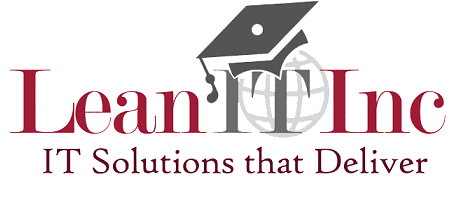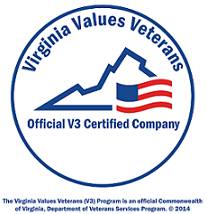Course Curriculum
Introduction to Quality Assurance -- Manual And Automation Testing
These are taught as 2 separate modules.
Manual Testing:
Manual Testing Training is designed to master on how to develop Test Cases and Scenarios which may be Specification-based (Black-Box Techniques) or Experience-based (Error Guessing Techniques) and ensuring Configuration Management, Risk Management and Defect Management.Learning Objectives -- After the completion of Manual Testing course, you will be able to:
- Understand fundamental concepts in software testing, including software testing objectives, processes, criterion, strategies and methods.
- Understand the software testing processes and manual testing processes like Unit testing, Integration testing, system testing and regression.
- Learn to plan a test project, design test cases and data, conduct testing operations, manage defects and generate test report.
- Learn to write software testing documents and communicate with engineers in various forms.
- Design and execute software testing activities for a testing project.
- Effectively communicate to interact and collaborate with stakeholders.
- Test Strategy, Test Planning, Customization of the Test Process, Overview on Budgeting, Scheduling, Configuration management.
- Levels of Testing: Unit Testing, Integration Testing, System Testing, User Acceptance Testing. Types of Testing: Regression Testing, Smoke Testing, Database Testing, Load Testing, Performance Testing, Compatibility Testing, Security Testing, Volume Testing, Stress Testing, Usability testing, Internationalization Testing, Localization Testing.
- Defect Prevention, Defect Discovery, Defect Life Cycle, Severity and Priority, Overview on RCA, Hands on Identify and log Defects.
Automation Testing:
This Selenium/Cucumber/Ruby/Java Training will help you master important concepts such as TestNG, Selenium IDE, Selenium Grid, XPath and Waits, IFrames and Alerts in Selenium WebDriver, POM Frameworks and so on. This Selenium Certification Training is also a gateway towards your Automation testing career.
Learning Objectives: In this module, you will learn about different type of applications and testing, along with the purpose of automation testing. You will also gain insight into the evolution of Selenium, get an overview of Selenium 3.3 and its components and compare commonly used automation tool with Selenium automation tools. Finally, set up your environment so that you can start working with Selenium.
Topics:
- Define Application and understand different types of Applications
- Define Testing and know the different types of Testing
- Describe Automation Testing: Test Automation, ROI in automation & Framework
- Define Selenium
- Components of Selenium Suite: Selenium IDE, Selenium RC, Selenium WebDriver & Selenium GRID
- Role of Selenium in DevOps lifecycle
- Set Up for Selenium
- What is an Automation Framework?
- Types of Automation Framework: Data Driven Test Framework, Keyword Driven Test Framework, Hybrid Test Framework
- Which Framework to choose and when?
- Switch from Simple Java Project to Maven Project
- Maven for builds and sending Email reports
- Selenium Integration with Jenkins
- AutoIT and its features
- AutoIt provides support for: Keystrokes, Mouse Movement, Window Control
- Sikuli and its features
- How Sikuli works
- log4j - logging tool
- Interaction with Selenium
- Interaction with Flash applications
- Upload file AutoIt Script in Selenium WebDriver
In this module you will learn Cucumber Gherkin language details and BDD.
Topics:
- What is BDD, Why Cucumber, Cucumber installation, Cucumber framework flow, Introduction to Cucumber Gherkin, Gherkin Keywords - Scenario, Feature, given, When, Then, Tagging and Background.
- Introduction to Real Time Project, Creation of feature file, Creation of Step Definition File, Execution, Result and Report.
Hands On/Demo:
- Maven
- Jenkins
- AutoIT
- Sikuli
- log4j usage
- Installing Java
- Configuring Eclipse for Selenium
If you are interested in the training or looking for a challenging position at Lean IT,Please free to Contact us.



